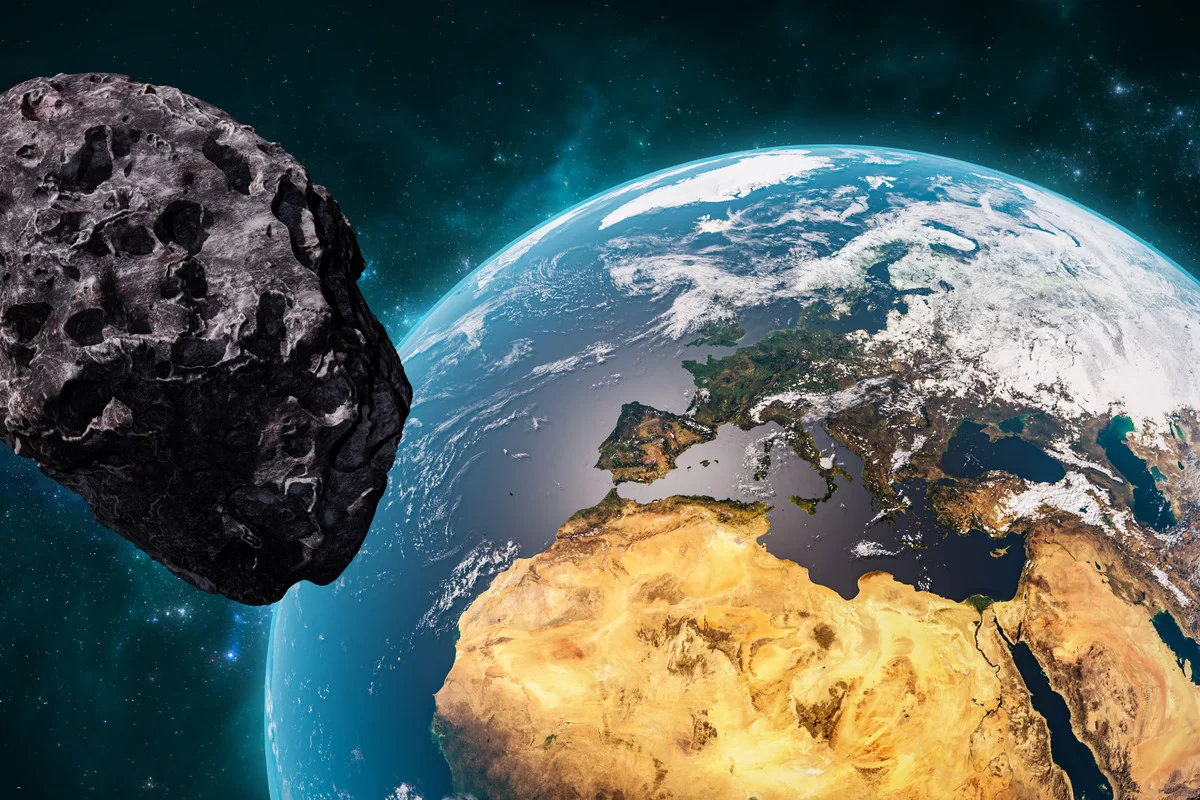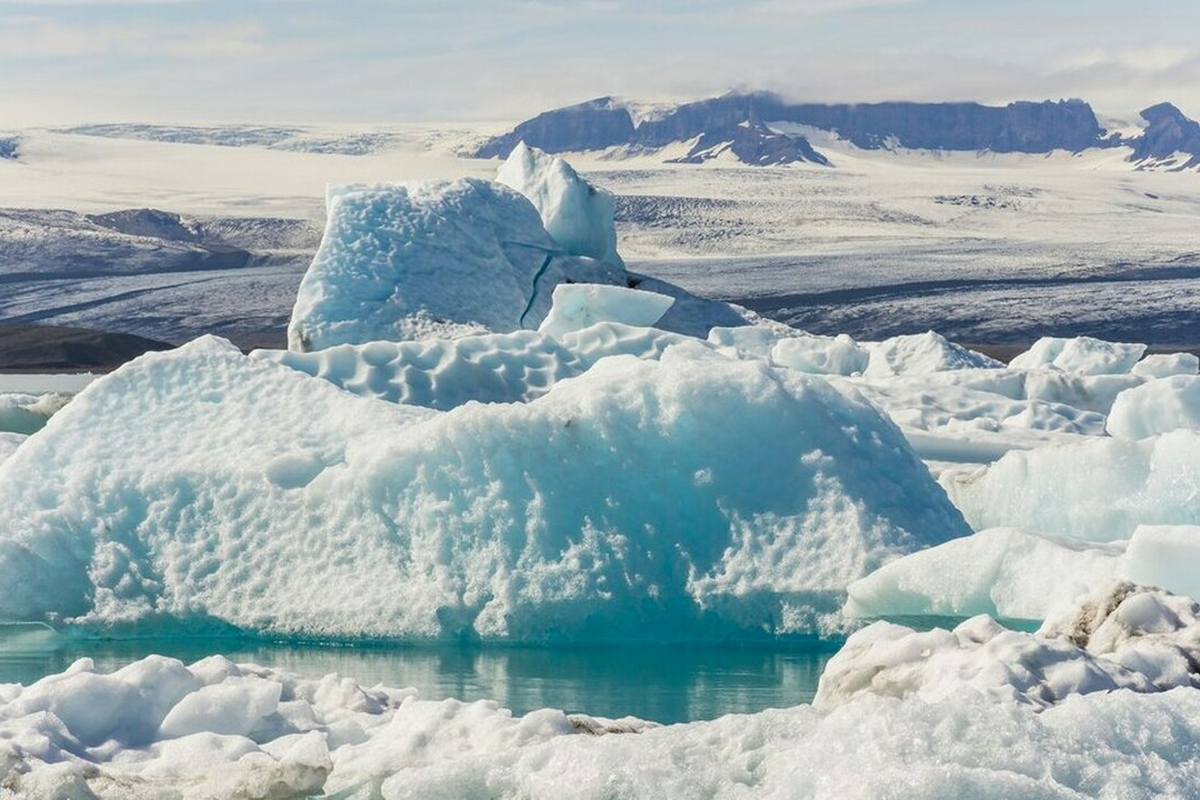Russian Ministry of Science and Higher Education said that Russian scientists from the Ural Federal University, with the support of the Russian Academy of Sciences and other scientific institutions, are developing a new way to protect the Earth from meteorites and asteroids.
As a result of the experiments conducted, it was found out that the strength of asteroids that fall on the planet roughly corresponds to the strongest Earth materials. In order to destroy them it is necessary to apply pressure that would exceed the Earth's pressure by 40 thousand times. On the basis of these data can begin to develop specific ways to destroy asteroids in space.
Chinese scientists are convinced that the only way to protect the planet from collision with a large meteorite are missiles with nuclear warheads. But no country has such technology now.
Prior to this, NASA said that in the direction of the Earth are moving several asteroids with a diameter of up to 150 meters.


